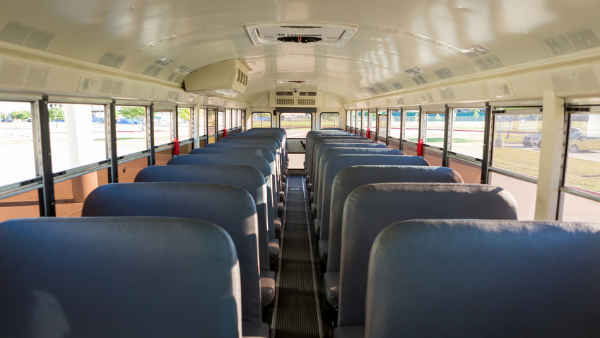If a child has a disability, it is important to fully consider their specific needs before refusing to take them on a school trip. This is because it may amount to disability discrimination under the Equality Act 2010.
The Department for Education has placed particular emphasis on encouraging inclusive practice and removing barriers to learning. This applies not only to school lessons, but equally to trips and other events.
Schools are under a duty to make reasonable adjustments to avoid a child experiencing a substantial disadvantage because of a provision, criterion or practice applied by the school. What is considered a ‘reasonable’ adjustment will depend on the circumstances.
For example, if a diabetic child requires support with insulin injections, it may be reasonable to organise for a parent or additional support staff to accompany the pupil to help with injections on a school trip. This adjustment would prevent the child experiencing a substantial disadvantage by being excluded from the trip. If this is deemed to be a reasonable adjustment, the school cannot pass the costs of the adjustments on to the disabled child or their parent/carer. However, if the adjustment would involve excessive costs or substantial detriment to other pupils, it is unlikely to be deemed to be ‘reasonable’.
Ultimately, schools must find ways to ensure disabled pupils are afforded the same opportunities as other pupils. The Equality and Human Rights Commission has stated that schools must take “positive steps to ensure that disabled pupils can fully participate in the education, facilities and services that schools provide students.” Often, planning in advance and discussing needs with parents and staff helps to find a workable solution that provides for an inclusive learning environment.
